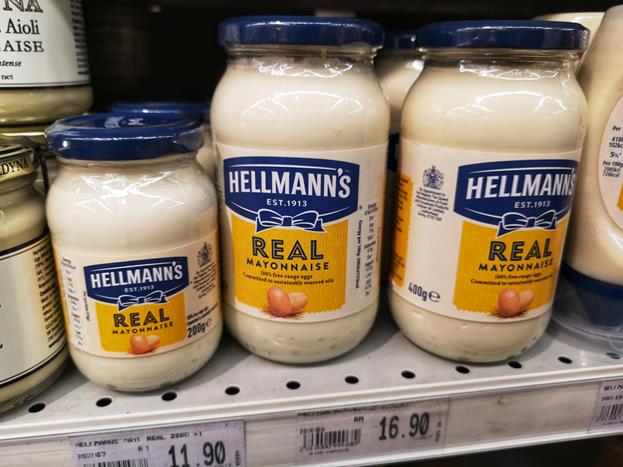Cold shoulder on purpose
Board Agenda loves an academic spat and there’s a nice one brewing between governance supremo Colin Mayer at Oxford University and Paul Davies of Harris Manchester College over the notion of corporate purpose.
Briefly, Davies has taken a swipe at Mayer’s writings on corporate purpose, saying that “mandatory” purpose statements are “likely to be largely ineffective or largely unnecessary”.
Davies says shareholders don’t like them and are reluctant to retreat from maximising company profits. However, he writes, even if investors are in favour of social goals, a mandatory purpose statement won’t be the driver because, all things considered, corporates are already free to do this and they haven’t.
Mayer responds this week, saying there is “no substance” to Davies’ critique, which is “without foundation”. The point, Mayer writes, is that his theory of “purpose” statements is that they seek a “strengthening not a weakening of board accountability to shareholders; a proprietary not entity view in which the objectives of the firm are aligned with, not divergent from, those of its shareholders; and freedom of choice and plurality of purposes unconstrained by regulatory, court or government approval.”
That seems simple enough.
Cold Comfort
Speaking of purpose-driven companies, perhaps the biggest, Unilever, is on the hunt for a new chair.
Tasty posting, you might be thinking, but allow Board Agenda to recap. Unilever might be the firm behind favourites such as Hellman’s mayonnaise, Marmite, Comfort and Dove, but activist investor Nelson Peltz is also known to be building a stake in the company.
Peltz famously intervened at Procter & Gamble, claiming it was underperforming and that the board was a bit overpaid. He made similar claims at Mondelēz.
Unilever has also faced criticism for its focus on sustainability and purpose. Former CEO Alan Jope took the opportunity at Davos last year to defend his company saying “investors have exhorted us to continue on the path of putting sustainability at the heart of our business.”
UK fund manager Terry Smith had lambasted the company for its stance on sustainability and purpose. “A company which feels it has to define the purpose of Hellman’s mayonnaise has in our view clearly lost the plot.”
So, broadly speaking, the Unilever chair is not for anyone seeking an easy time.
Cool role
Want a new job? The Financial Reporting Council, the UK’s governance watchdog is looking for someone to chair its “sustainability disclosure technical advisory committee”. It’s also looking for committee members.
With the climate crisis mounting, there couldn’t be a more worthy job in UK corporate reporting. As the FRC says, the jobs offer “an opportunity to influence the development of sustainability disclosures in the UK”. Quite the hot seat. Apply here.
Cooling on climate
In the US, shareholders seem to have lost their appetite for climate change action. The FT reports that research by the Sustainable Investments Institute finds that climate-related shareholder motions attracted an average of 23% shareholder support, down from 36.6% last year.
Cracking the code
OK, so annual reports are not exactly Dan Brown novels but could they be made more readable? And could board independence be the secret?
A team from Queensland University looked at this question and decided that, in fact, more board independence “decreases the readability of annual reports”. Looking at US annual reports, it also concludes that companies in which one person holds both the CEO and chair role produce more readable reports.
The underlying problem may be that more independent boards prompt managers to “obfuscate information to avoid costly board monitoring.” Oh dear.





